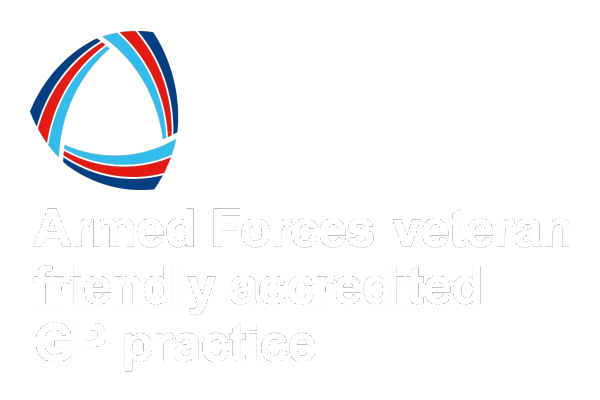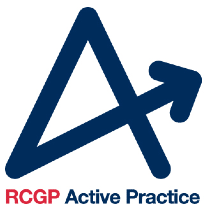We use cookies to help provide you with the best possible online experience.
By using this site, you agree that we may store and access cookies on your device. Cookie policy.
Cookie settings.
Functional Cookies
Functional Cookies are enabled by default at all times so that we can save your preferences for cookie settings and ensure site works and delivers best experience.
3rd Party Cookies
This website uses Google Analytics to collect anonymous information such as the number of visitors to the site, and the most popular pages.
Keeping this cookie enabled helps us to improve our website.
Tests and Results
Most test results take 2-5 working days to come back to the practice, although some results can take longer. We ask all patients to view their results online via the NHS App.
If a result is urgently abnormal, we will try to contact a patient directly over the phone. Please ensure that the number we have for you is correct.
If your result is normal and you don't need to do anything or if there is a minor abnormality, we will not contact you. You should check your test results online using your online access account. If you do not have online access, you can contact our reception team on 0208 678 5420. The GP will leave a note beside your results to indicate whether they have returned to the practice as normal or if any further action is required.
Whilst the surgery will endeavour to contact you about abnormal results, if you don't hear from us it is strongly recommended that you look up your results online, to minimise the risk of an abnormal result being missed.

Should you wish to opt out of receiving blood test results via text message you can submit an online consultation via our website to request your test results
For patients who do not have a mobile number or internet access, please contact the surgery on 020 8678 5420 to check your results.
Blood Tests
A blood test is when a sample of blood is taken for testing in a laboratory. Blood tests have a wide range of uses and are one of the most common types of medical test. For example, a blood test can be used to:
- assess your general state of health
- confirm the presence of a bacterial or viral infection
- see how well certain organs, such as the liver and kidneys, are functioning
A blood test usually involves the phlebotomist taking a blood sample from a blood vessel in your arm. and the usual place for a sample is the inside of the elbow or wrist, where the veins are relatively close to the surface. Blood samples from children are most commonly taken from the back of the hand. The child’s hand will be anaesthetised (numbed) with a special cream before the sample is taken.
You can find out more about blood tests, their purpose and the way they are performed on the NHS website.
X-Ray
If you need an X-ray it may be possible to arrange this to be carried out here at the West Gate Centre.
An X-ray is a widely used diagnostic test to examine the inside of the body. X-rays are a very effective way of detecting problems with bones, such as fractures. They can also often identify problems with soft tissue, such as pneumonia or breast cancer.
If you have a X-ray, you will be asked to lie on a table or stand against a surface so that the part of your body being X-rayed is between the X-ray tube and the photographic plate.
An X-ray is usually carried out by a radiographer, a healthcare professional who specialises in using imaging technology, such as X-rays and ultrasound scanners.
You can find out more about x-ray tests, how they are performed, their function and the risks by visiting the NHS website.




